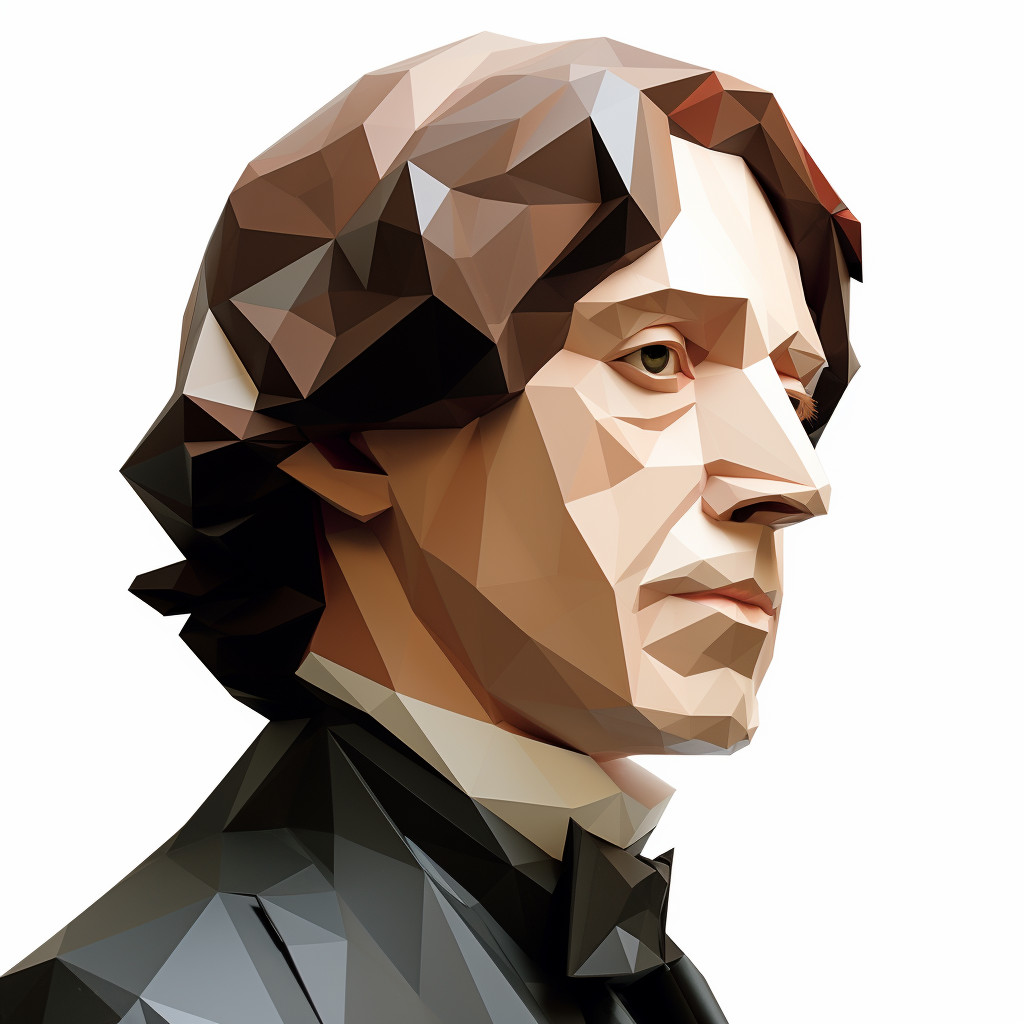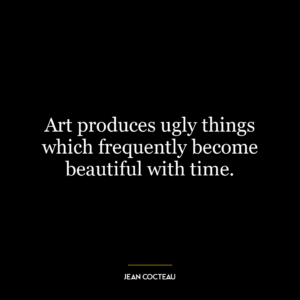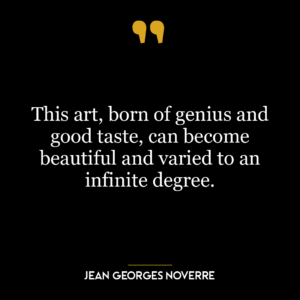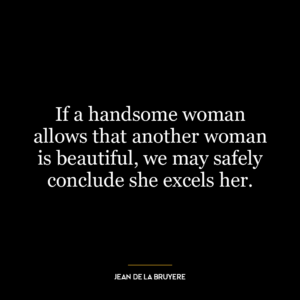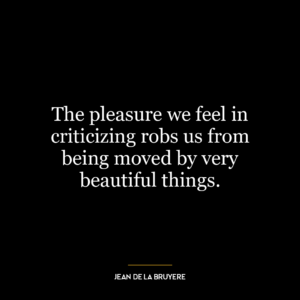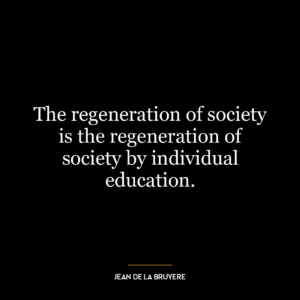This quote delves into the roles of both the state and the individual in society. When Wilde says, “The State is to make what is useful,” he is referring to the role of governments or social systems in creating infrastructures, laws, and systems that are practically beneficial for society. This could mean building roads, establishing schools, or implementing healthcare systems — things that are necessary for the functioning and survival of a society.
On the other hand, when he says, “The individual is to make what is beautiful,” he is emphasizing the role of the individual in contributing to the aesthetics, culture, and soul of a society. This could mean creating art, writing literature, or even developing philosophies — things that may not have practical utility but add richness, diversity, and beauty to human life.
In today’s world, this idea is more relevant than ever. As societies become more complex, the role of the state in providing useful and necessary structures becomes increasingly important. We see this in the ongoing debates about healthcare, education, and infrastructure development.
However, in the face of such complexity, the role of the individual in creating beauty should not be diminished. In fact, it becomes even more crucial. The rise of social media platforms, for example, has given individuals unprecedented opportunities to contribute to the cultural and aesthetic richness of society, whether through creating art, sharing ideas, or simply expressing their unique perspectives.
In terms of personal development, this quote underscores the importance of balance. While it is important to contribute to society in practical ways — perhaps through our jobs or community service — it is equally important to nurture our creative and aesthetic sides. This could mean pursuing a hobby, exploring new ideas, or simply taking the time to appreciate the beauty around us. In doing so, we not only enrich our own lives, but also contribute to the beauty and diversity of our society.



